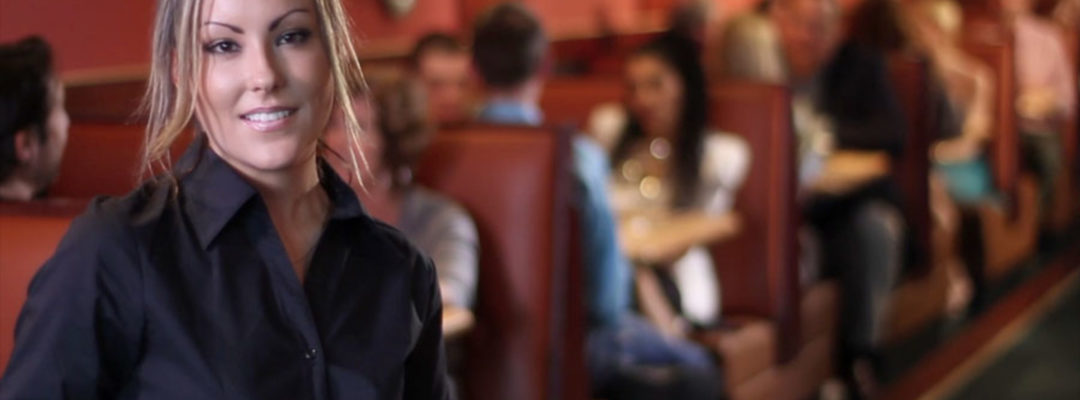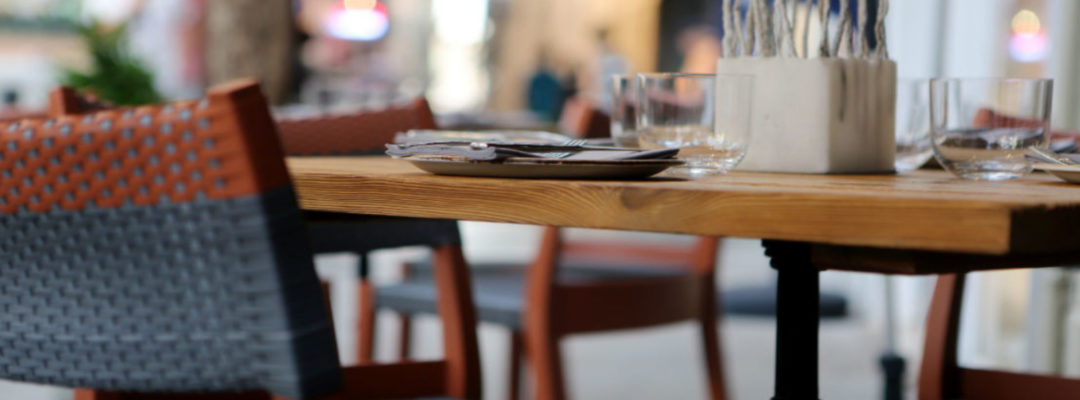HOW TO SELL A RESTAURANT, BAR OR NIGHT CLUB USING A BROKER
The following information is provided within the Seller's Helpful Hints.
There are two ways of determining the value of a restaurant/business.
Assets Method: This method includes only the lease, leasehold improvements, furniture, fixtures and equipment. It does NOT include the name, menu or concept as part of the sale. Using this method, little or no emphasis is put on the financials of the business. The Assets Method uses no standard formula in determining value. Instead, valuation is based on the restaurant/business brokers knowledge of the market and comparable sales.
Cash Flow Method: This method includes the lease, leasehold improvements, furniture, fixtures, equipment, name, menu, and concept as part of the sale. Emphasis is put on the yearly adjusted cash flow. Adjusted cash flow is determined by taking the net profit on the tax return or on the year-to date income and expense statement and adding back the Seller's personal expense items not applicable to you, the Buyer. Once the yearly adjusted cash flow is determined, a multiple ranging from 2 1/4 to 3 is used to determine the value of the business. This multiple is determined by factors which include, but are not limited to, lease value, the potential upside of the business, the quality & quantity of the leasehold improvements, fixtures and equipment, whether the operation is a franchise and whether the operation is a full service or self-service operation.
The Seller should prepare a financial and market profile to represent the restaurant/business to prospective Buyers. This package is used by the listing broker to market the business without comprising the confidentiality of the Seller. The use of these portfolios benefits both the Buyer and the Seller.
After previewing the packages, potential Buyers are, in most cases, screened by the listing broker to determine financial strength and applicable business experience. This procedure matches fully qualified buyers with prospective purchases before any confidential information is disclosed
The services provided by a restaurant/business broker include, but are not limited to, negotiation of sales price, earnest money deposits, terms and conditions of a Purchase Agreement. Restaurant/business brokers also ensure proper preparation of documentation to meet the requirements for legal completion of the transaction. Each step of the process is supervised to warrant that all requirements are correctly implemented.
Price Realistically - Overpricing your business can cause a longer stay on the market. Underpricing your business can cause further debt for you, the Seller. Don't price your business too high to scare away qualified Buyers or too low to not ensure a significant return for you, the Seller. Remember, the longer the business is on the market, the greater the chances of your employees, suppliers and/or customers finding out. Using comparable sales, your restaurant/business broker should come up with a fair market value for your restaurant/business.
Prepare a Business Offering Package - Include all information that will affect the potential sale of the business (i.e. lease of premises, lease of equipment, cash flow statements, profit and loss statements, etc.)
See our Seller's Checklist for information that should be included.
Major and Minor Repairs - When a prospective Buyer sees items that need repairing, they tend to wonder about things they can't see. Take the time to make all minor repairs prior to putting your restaurant/business on the market. Major repairs can most times be incorporated into the Purchase Agreement.
Qualify the Buyers - Be sure the restaurant/business broker is prepared to qualify Buyers before providing them with confidential financial information regarding your restaurant/business. Most brokers will, as it saves time and money for all parties.
Transfer of Equipment & Premises Leases - Before putting your restaurant/business on the market, be sure to discuss with your lease holders the potential transfer or assignment of leases on premises and equipment. Many potential sales have been lost due to lessors refusal to assign a lease. If the remaining lease term is short, negotiate a new lease before putting your restaurant/business on the market.



